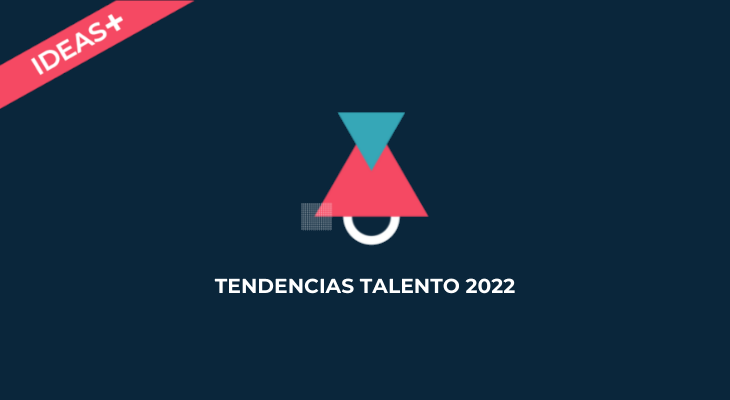Work models have undergone a continuous revolution in recent years. Changes could already be deduced before the pandemic, but the mass introduction of work from home and the transformation of the priorities of professionals have accelerated these changes. If last year was the year of transition, in which some of the trends from 2020 took hold while others disappeared, 2022 presents itself as the year in which we will see whether what we deduced is here to stay or whether companies prefer to return to the rules in place prior to Covid-19. For the time being, the report drawn up by LLYC, in collaboration with DCH-International Organization of Human Capital Executives, shows that not only have the when and where work is done changed, but also the how and the why. Employees are increasingly assigning more importance to the latter and this no longer depends so much on companies as on the people who form part of them.
Everything indicates that the talent departments of companies will once again have to take decisions from a standpoint of uncertainty, a challenge that will force them to become more and better prepared, and also to be more courageous.
María Obispo, Talent Engagement Director at LLYC, states that, “as regards talent, companies have been spending a lot of time debating questions that are no longer so relevant. “Working from home – yes or no”. We are in a context whereby it is essential to rethink and strengthen the corporate culture to thus increase our ties with our professionals”.
“The LLYC-DCH Talent 2022 Trends Report addresses questions that will undoubtedly have a great impact on the human resources department of companies in the near future. It is fundamental for the management of talent that human talent executives can know them and anticipate events”, stresses Juan Carlos Pérez Espinosa, Global Chairman of DCH –International Organization of Human Capital Executives.
The following are the nine trends that, according to the report, will map out the management of talent in 2022:
From a hybrid format to autonomy: This new model will demand communication between teams and much more asynchronous ways of working at companies. Real time at work will lose importance and other models will be established that prioritize teamwork, far from the demands of face-to-face or online meetings.
Disconnect to connect: After two years of pandemic in which the levels of productivity of professionals have not been affected, companies will start to understand that professionals need to disconnect more to connect better. Dominating time will become the preferred formula to improve the commitment from talent and differentiate in recruitment.
The third space: Many companies will remain committed to the traditional office space for many years to come, but this will not be enough to avoid a transformation. Third spaces will thus become the main new development and it does not matter who the operator or person responsible is; what will be important is the experience of the talent.
Workcation: What happens if it is possible to work and be on vacation at the same time? This is not a replacement for vacations. The aim is to offer professionals a better job experience, including leisure in the professional environment, “taking vacations during our free time”.
Rituals for “detribalization”: The connection with the company as a whole seems to have become weaker and made companies a tribe of tribes. Over the coming months, companies will face the challenge of “detribalization”, not to break the feeling of belonging, but rather to elevate it by creating new rituals that allow them to strengthen the weak ties.
From the great escape to the cultural reformulation: Corporate culture is the medicine for the disenchantment of talent. It is in the hands of companies to not only revise the way in which professionals behave in this new context but also to reformulate their position. Only by doing this will professionals become motivated and committed.
Pull mentality: Candidates are no longer job-seekers, but have become consumers of the different offers published by brands. Adopting a pull mentality, through inbound recruiting, will allow companies to become more efficient and effective when hiring new professionals while, in turn, serving as the foundation to attract, hire and cultivate the most qualified candidates.
For what you know: Companies will demand more profiles that are capable of managing and resolving a large volume of problems and unforeseen situations to coexist in a constantly shifting environment. Profiles with a high degree of potential and leadership. To tackle this challenge, companies must incorporate tools that allow them to identify the potential rather than focus on the simple review of a CV.
Total Experience: The client experience (CX), the employee experience (EX), the user experience (UX) and the multi-experience (MX) must combine to create a complete ecosystem experience both within and outside companies: what has become known as the Total Experience (TX). The aim is to improve each of these four areas from a holistic approach to achieve a better global and fully interconnected experience.



